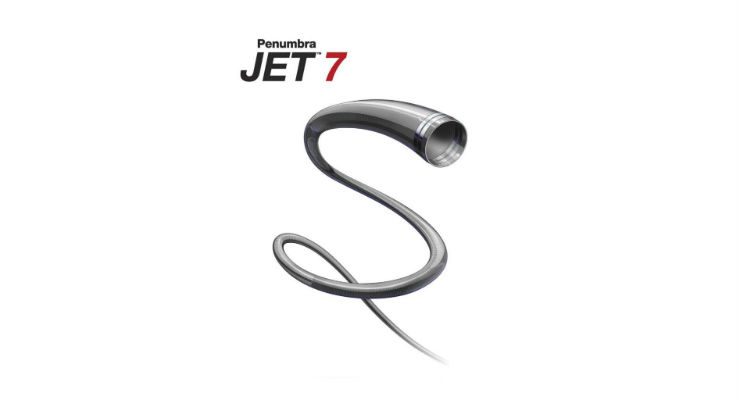Penumbra Jet7 Flex Recall: Did Penumbra Hide Malfunction or Did Competition Manipulate the FDA

Medical device reporting (MDR) is notorious for under reporting of device problems. Companies tend to ignore physician complaints. So when you start to see an increase in device complaints, breakages, injuries and death, you only seeing the tip of the iceberg. And device companies are notorious slow in responding to device malfunctions. They tend to blame physician error.
FDA first notice through its signal survey an increase in device breakage and injuries and death with Jet7 and Jet7 Flex aspiration catheters for stroke in early 2020. The initial reports were mostly from Japan where devices were breaking during stroke thrombectomy. Penumbra responded that the physicians were using the devices improperly. Penumbra indicated these Japanese doctors were forcibly injecting contrast through the catheters which were not indicated for these devices. The FDA seem to believe them and only require the Penumbra warn doctors. However, most doctors did not receive these warning letters and heard about the problem second hand. In fact, Penumbra sales representatives rushed to make calls to spin the problem as physician error, specifically Japanese physicians. Penumbra and FDA both accepted that Japanese physicians were using in contraindication to directions to not inject contrast through the catheters.
However, videos began to circulate with the aspiration catheters ballooning and rupturing. The rupture was of such force that it ruptured the artery resulting in death. Moreover, a short selling hedge fund, Quintessential Capital Management (QCM), promoted the Penumbra problem on mainstream media. This reluctantly forced the FDA to push for Penumbra to recall Jet7 Flex almost 2 years since the devices started to cause injury and death.
In their supporting documents that Penumbra should have recalled Jet7 Flex, QCM interviewed a Mount Sinai neuroendovascular fellow who gave a emphatically strong statement, “I don’t see how you can morally or medical-legally use this product [Xtra Flex] anymore.” A fellow is a doctor still in training. Therefore, instead of interviewing an attending doctor, QCM interview a doctor in training. Coincidentally, a doctor was intimately involved in a startup company, Imperative Care Medical, with a competing aspiration catheter called Zoom. Zoom aspiration catheters were FDA cleared in May 2019, just as doctors were reporting problems with Jet7 Flex. Although FDA only began to discover the problems with Jet7 Flex in early 2020. Penumbra had data that indicated problems started in 2019.
Even though Penumbra indicated that contrast should not be injected through the Jet7 Flex catheter, doctors continued to do so resulting in catheter rupture and injury and death. Did doctors conspire to push Penumbra Jet7 Flex problems to force a recall. Did QCM conspire with Imperative Care Medical and Mount Sinai doctors to force Jet7 Flex recall. If you believe in Karma, Zoom 71 catheter was recalled in August 2021 for distal tip breakage.
And if these coincidences were not enough, a Bank of America analyst who is the son of the endovascular surgeon who cofounded of Imperative Care Medical change in rating on Penumbra around this time. On September 9, 2020, the Bank of America analyst downgraded Penumbra to neutral from buy. How the son of doctor who cofounded a competing company could be involved rating Penumbra without raising concerns for conflict of interest.
It maybe that a group of neurosurgeons conspire to promote Imperative Care Medical over a competing company for financial gain. And that this maybe a recurrent pattern.
